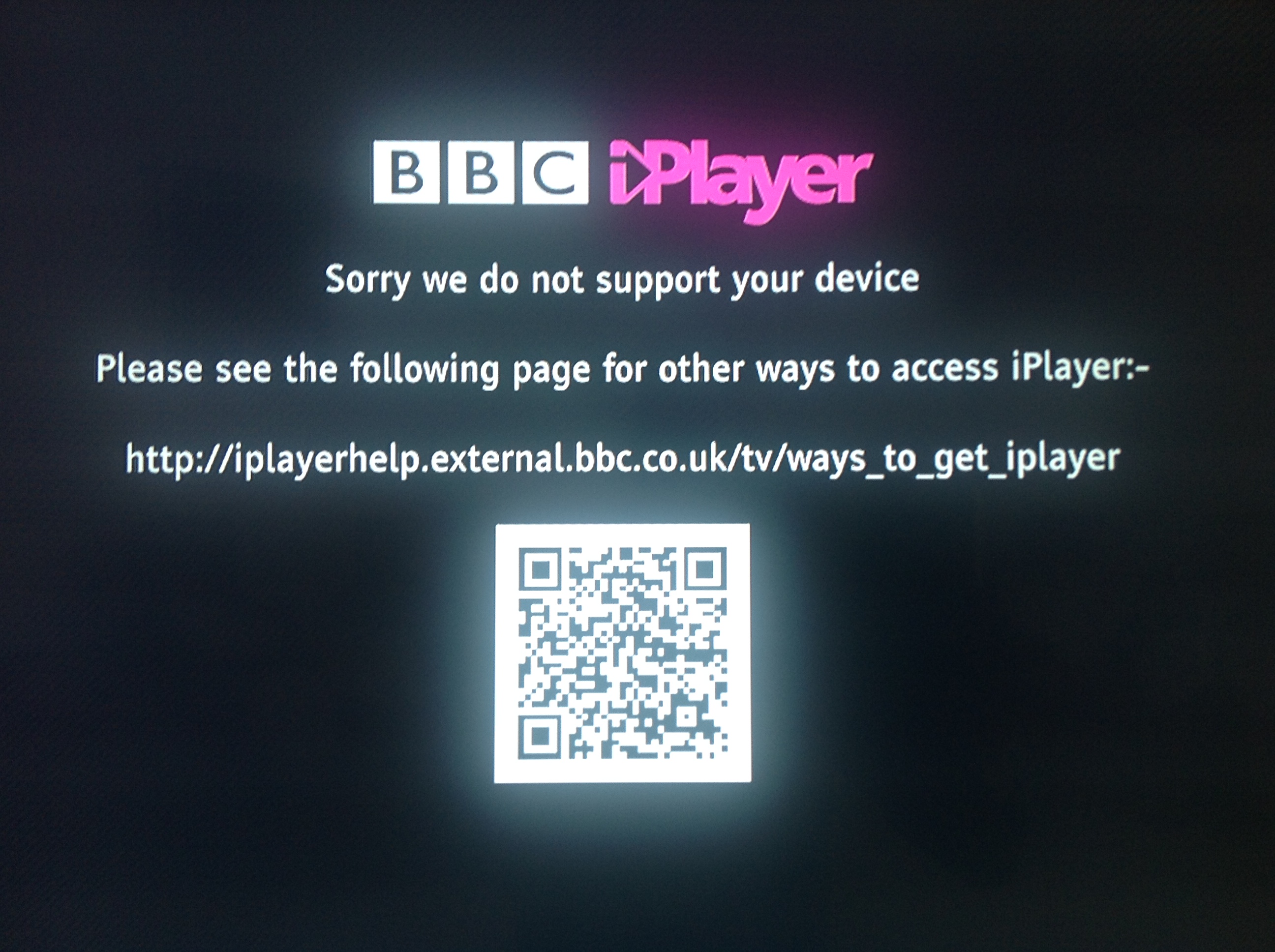Black Hole
May contain traces of nut
Eejits.I e-mailed Humax Customer Support to see if they are going to update the HD-FOX software to fix the impending loss of iPlayer. I got an e-mail back with a link to version 1.02.07 software for the HDR-FOX on the beta-website! They expressed the hope that this would solve my problem! I will reply to them but it is not looking promising...

